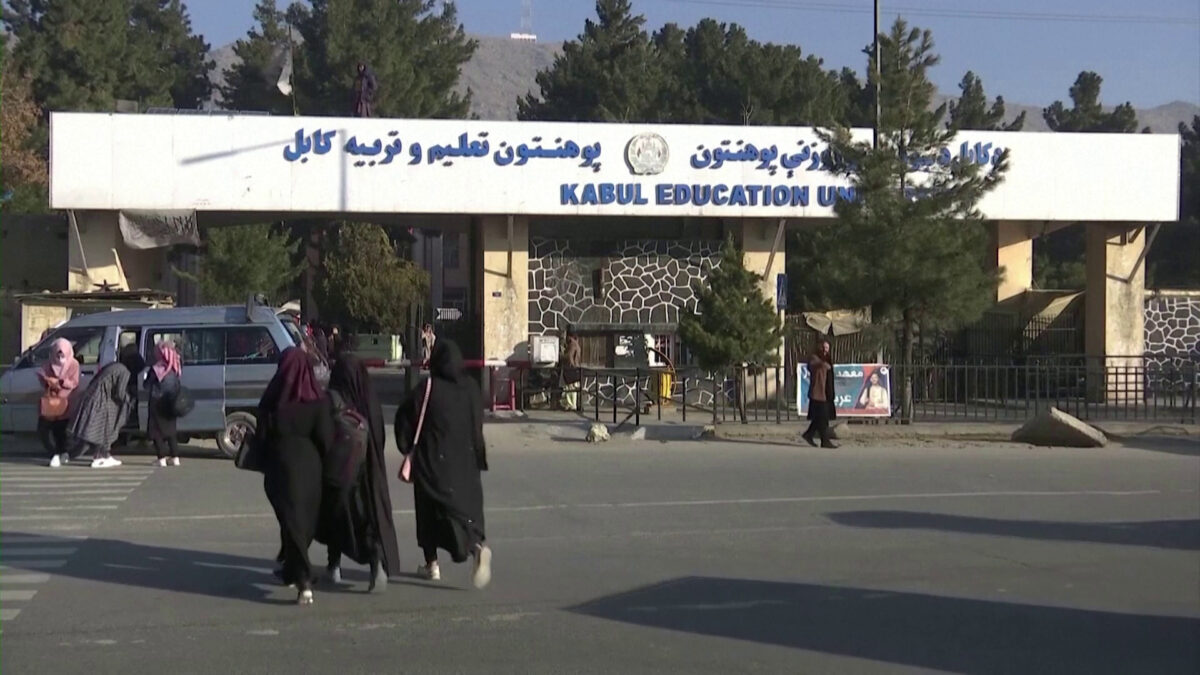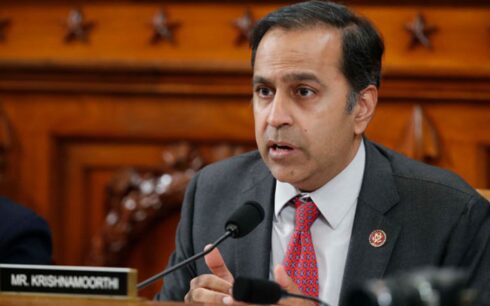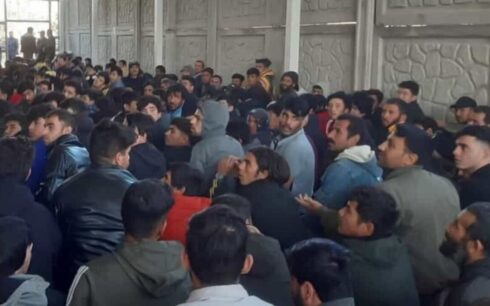All India Ulema Board, an organization of religious scholars in India, in a statement on Thursday, said the recent ban by the Taliban on women’s education and higher education “violates the teachings of Islam” and that the step by the Taliban is “unwise and cruel.”
“The ban imposed on women’s education in Afghanistan by the Taliban government is certainly sad, such a ban is tantamount to discouraging and denying women’s rights, because education belongs to every human being, whether they are men or women and it is a fundamental right, and permanent arrangements have been made for its realization in all ages,” the religious scholars said.
The clerics brought an example by saying that “among the prisoners who were arrested on the occasion of the Battle of Badr in the Prophet’s era, there were some who were not capable of paying fidya, so they were assigned to teach Muslim men and women so that they would be released in exchange for this education and get freedom.”
They said that In the educational activities of Prophet Muhammad, women were also given importance along with men.
The religious scholars added that history proves that during the blessed era of the Prophet, female teachers were also appointed like male teachers. “Hazrat Umm Waraqa, Shafa Bint Abdullah and Hazrat Aisha Siddiqa RA can rightfully be counted among the teachers of the era of Prophethood,” they said.
They said that in the current era, where the value and cost of education have increased many times more than before, and there are continuous movements for the promotion of education without discrimination between men and women, the current decision of the Taliban in relation to women’s education in such situations, of course, “is intolerable and against human values.”
They asked the Taliban to reconsider the decision.
They also called on heads of Muslim nations to ask the Taliban government to cancel the decision.
The religious scholars said that the government of India should also condemn the decision at the diplomatic level because it is not only a women’s problem but also a problem for future generations of Afghanistan.





